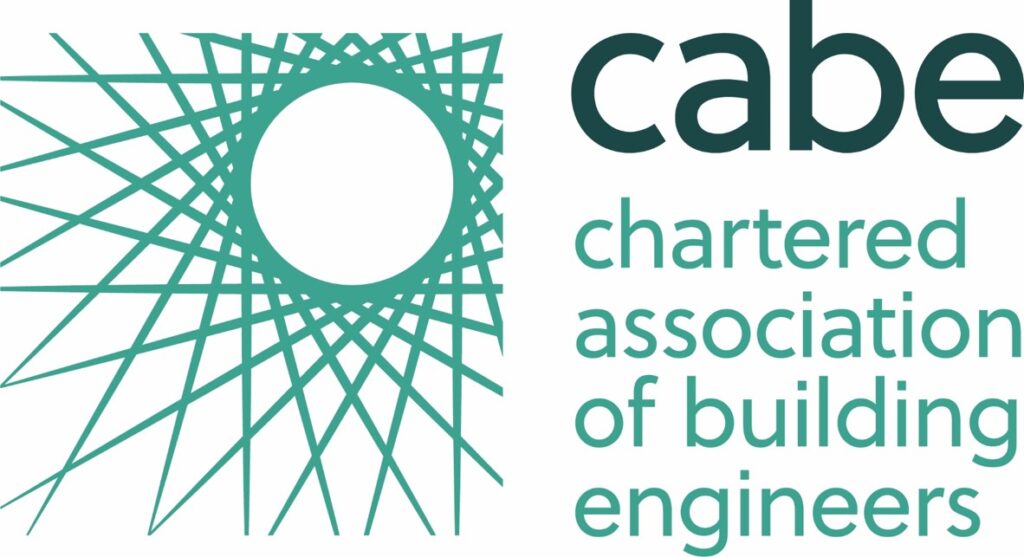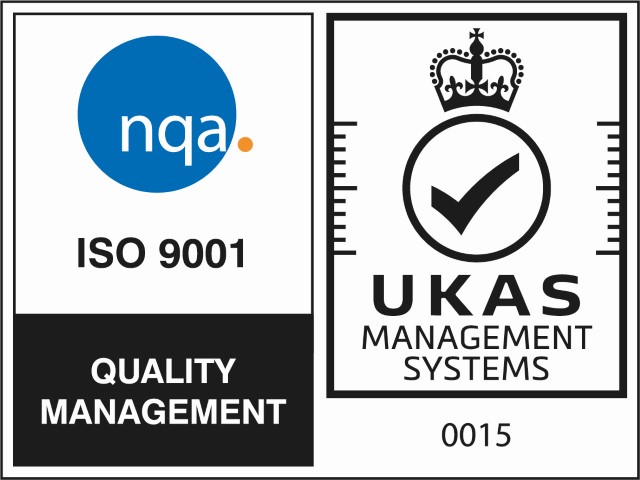What is Exchange and Completion?
Regulated by RICS
Instant Quote | NO OBLIGATION
Or Call 0333 200 7198
You’re nearly there! Just Exchange of Contracts and Completion to go. But what do these steps involve?
Exchange
‘Exchange’ refers to the swapping of contracts between the buyers and sellers, and the signing of the contracts.
Completion
“Completion” is when the money is transferred from the buyer to the seller, the keys to the property are handed over and you are listed as the owner on the Land Registry.
What is Exchange When Buying a House?
‘Exchange’ refers to the swapping of contracts between the people buying the house and the people selling it, and the signing of the contracts. Exchange is the point at which your offer, and its acceptance by the sellers, becomes legally binding. If either side pulls out of the sale after this point, they can be liable to pay major penalties.
Once you exchange contracts, you are responsible for the property, so you will need to get building insurance in place from the date of exchange.
It is very rare for a sale to fall through after exchange of contracts. Once Exchange has taken place, you can be pretty certain that your house purchase will go through.
What Do I Need to Exchange Contracts?
To get to the point where you can exchange contracts you will need to have completed the following steps.
- Agreed on a purchase price.
- Instructed a conveyancer.
- Obtained a formal mortgage offer in writing.
- Completed all the conveyancing searches and obtained all the property information forms from the vendors (your conveyancers will do this).
- Completed any property surveys and inspections that you wanted, and reviewed the reports.
- Organised buildings insurance.
- Have a deposit in place to pay to the seller (usually around 10% of the purchase price, but it can be lower if both parties agree, particularly if you are buying with a 95% mortgage).
- Organise funds to pay the Stamp Duty on the property and arrange to transfer these to your conveyancer.
- Agreed on a date of completion for the sale.
- Signed the contract.
If you are in a chain of property purchasers, all the exchanges of contracts should happen on the same day. The transaction at the bottom of the chain will happen first, and then the exchanges of contracts will work their way up the chain.

What is Completion When Buying a House?
This is it! The final step in buying a home. Completion is when the money is transferred from the buyer to the seller, the keys to the property are handed over and you are listed as the owner on the Land Registry.
The completion date is written into the contract and is normally between 1 week and 1 month following exchange. This provides time for arrangements to be made to complete the sale. These include:
- Arranging transfer of funds from you and, if applicable, your mortgage lender, to your conveyancing solicitor.
- The sellers organising redemption of their mortgage, if they have one, on the property they are selling.
- The conveyancers will prepare completion statements for the buyers and sellers.
On the day of completion, your conveyancer will transfer the money for the property to the buyer’s solicitor, who will in turn transfer it to the vendor. Once this money has been transferred, the keys to the property will be released and you can move in!

How to Decide on a Completion Day
Completion days are usually working weekdays so that funds can be transferred through the banking system without hold-ups.
Make sure you are realistic about how long you need to pack up and move if you are relying on completing on your existing home to release funds for your new one.
Take the advice of your conveyancer – they will be able to explain the process to you. It’s also crucial that they make sure they are fully available on the day of completion and that they can process the funds as quickly as possible.
***TIP*** It is possible to exchange and complete on the same day. This has a few advantages – for one, it speeds up the process, and it also means there is no need to pay a deposit when you exchange contracts. On the flip side, it can make arranging removals more difficult and if anything goes wrong, you may have a removals team sitting around doing nothing.
Exchange and completion on the same day is more straightforward if you are a cash buyer and neither you nor the vendor are in a chain.
If you are using a mortgage, make sure your lender permits exchange and completion on the same day (some specify minimum periods between the two events).











